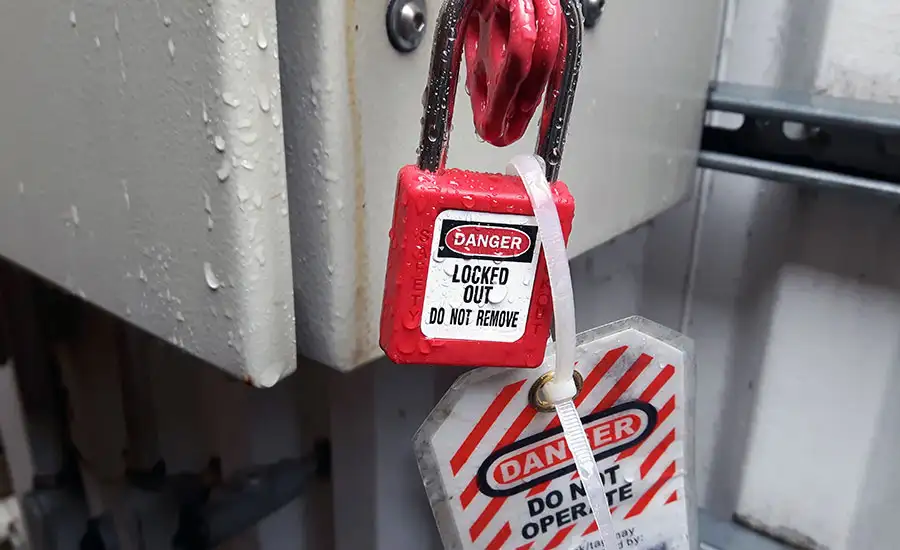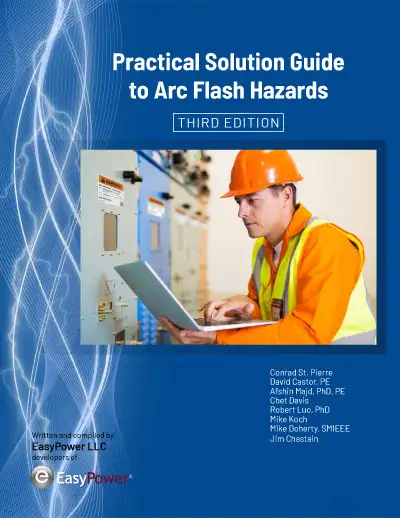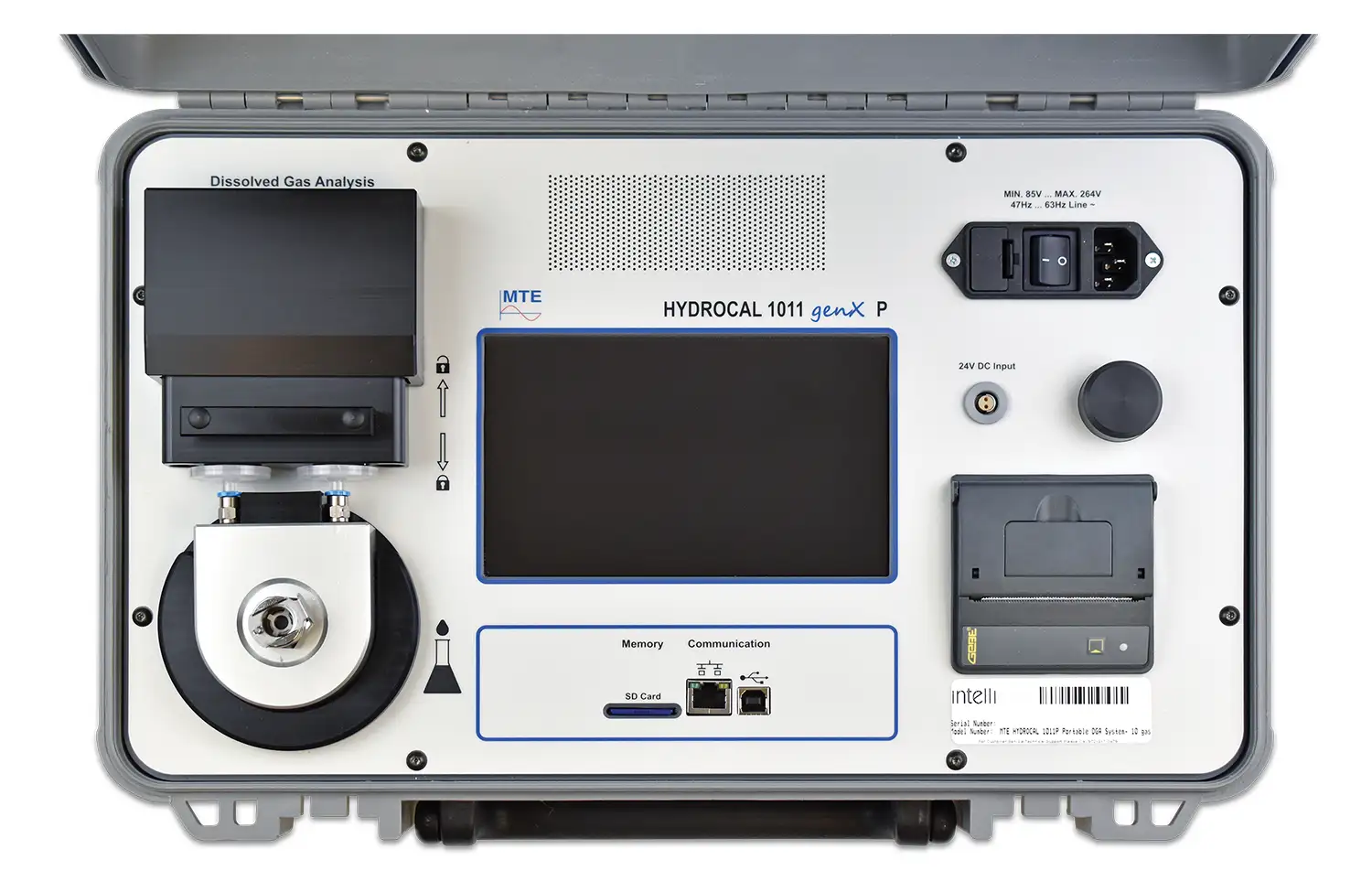Diverse Expertise in Industrial Electrical Services
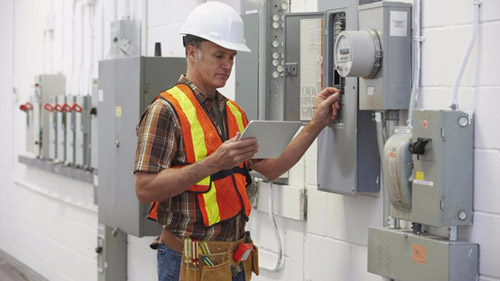
CSA Z462 Arc Flash Training - Electrical Safety Essentials
Our customized live online or in‑person group training can be delivered to your staff at your location.

- Live Online
- 6 hours Instructor-led
- Group Training Available
Download Our OSHA 4475 Fact Sheet – Being Aware of Arc Flash Hazards
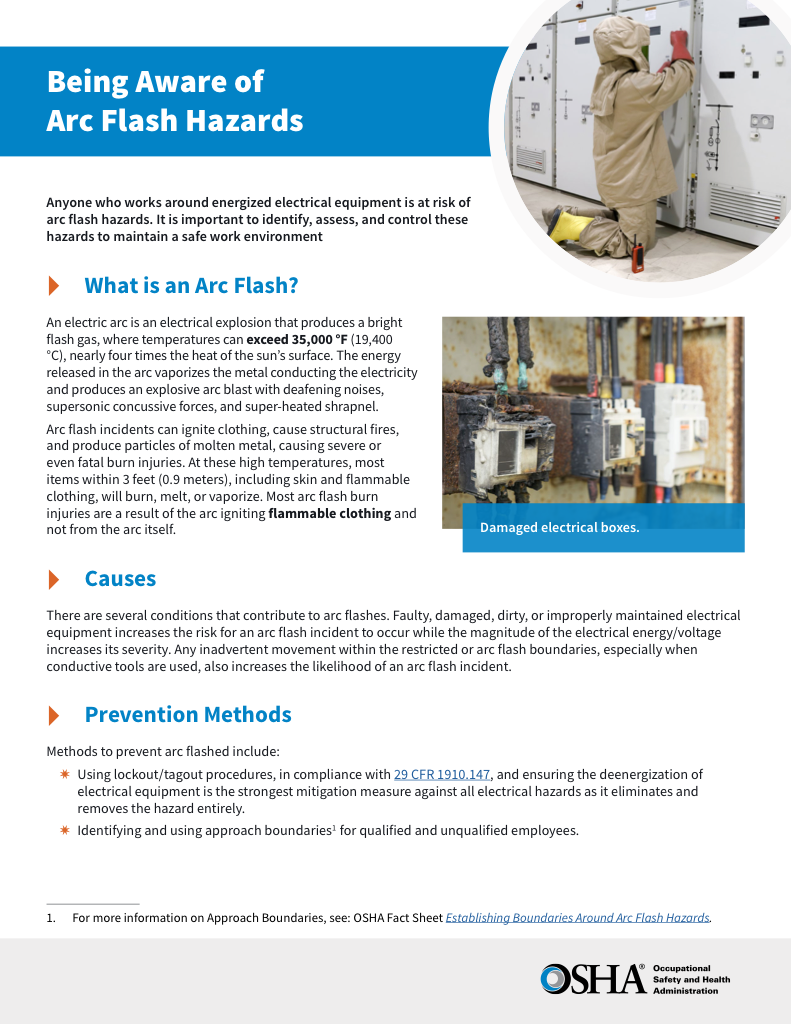
- Identify root causes of arc flash incidents and contributing conditions
- Apply prevention strategies including LOTO, PPE, and testing protocols
- Understand OSHA requirements for training and equipment maintenance
Diverse expertise in industrial electrical services ensures safe, efficient power systems. From equipment installation to electrical maintenance and troubleshooting, qualified professionals deliver customized solutions for industrial operations, improving reliability, safety, and energy efficiency.
What is Diverse Expertise in Industrial Electrical Services?
Diverse expertise in industrial electrical services is essential when addressing high-risk environments where arc flash hazards are present.
✅ Covers installation, repair, and maintenance of complex industrial electrical systems
✅ Supports safe operation of machinery, control systems, and power distribution
✅ Offers tailored solutions for energy efficiency, code compliance, and system upgrades
One critical aspect of protecting workers and ensuring compliance with electrical safety standards is the proper use of warning signs, particularly those instructing personnel to disconnect power before working within energized areas. These signs serve as vital visual reminders that help prevent serious injuries, costly downtime, and violations of safety regulations in industrial settings. A clear understanding of their purpose and placement is crucial for maintaining a safe and compliant electrical infrastructure.
Let's explore the types of services typically offered, the importance of diverse expertise, necessary qualifications, the role of automation, and the critical need for preventive maintenance.
Request a Free Training Quotation
What Types of Industrial Electrical Services Are Typically Offered?
Industrial electrical contractors offer a diverse range of services tailored to meet the unique needs of various industries. Common services include the design and installation of complex electrical systems, high-voltage distribution, lighting, security systems, and equipment maintenance. These contractors frequently work on large-scale projects, including factories, refineries, and power plants.
Key areas include:
-
High Voltage Systems: Expertise in high-voltage systems is essential for working on equipment that handles significant electrical loads. Proper installation and maintenance of these systems ensure safety and reliability.
-
Complex Electrical Systems: Many industrial facilities rely on intricate power distribution networks. Contractors must understand how to design and install these systems to meet specific operational needs while complying with electrical codes and building regulations.
-
Security Systems: There is a growing demand in industrial settings for installing and maintaining security systems such as CCTV, access control, and alarm systems.
-
Preventive Maintenance: This involves regular inspection and upkeep of electrical equipment to prevent costly downtime and ensure the facility's safety.
Electricity Today T&D Magazine Subscribe for FREE

- Timely insights from industry experts
- Practical solutions T&D engineers
- Free access to every issue
Why Is Diverse Expertise Important in Industrial Electrical Services?
Diverse expertise is essential for commercial electrical contractors and industrial electricians who handle a wide range of tasks across multiple sectors. Each project can involve different types of electrical equipment and require adherence to specific building codes. For example, an industrial electrical contractor may work on projects involving power distribution, automation, and even security systems within the same facility.
This range of expertise ensures that electrical engineers and contractors can address the full scope of a project, from the initial design phase to final testing. A contractor with a narrow focus may overlook critical issues related to high-voltage systems, safety standards, or compliance with electrical codes, leading to costly errors or delays.
What Qualifications and Certifications Should an Industrial Electrical Contractor Have?
The qualifications and certifications of an industrial electrical contractor are vital for ensuring high-quality work. Contractors must comply with both local and national building codes and electrical codes, which govern the performance of electrical work. These codes are in place to ensure the safety and reliability of electrical systems.
Key certifications include:
-
NFPA 70E Compliance: This standard addresses electrical safety in the workplace, with a particular focus on high-voltage environments. Compliance ensures that contractors adhere to best practices for minimizing the risk of electrical hazards.
-
OSHA Training: The Occupational Safety and Health Administration (OSHA) requires mandatory training for workers in hazardous environments, including those involved in live electrical work.
-
Master Electrician License: This certification demonstrates a contractor's ability to handle complex projects and supervise other electricians on-site.
Having these certifications demonstrates that a commercial electrical contractor is well-equipped to handle a wide variety of electrical systems in diverse industrial settings.
How Does Expertise in Automation and Controls Contribute to Industrial Electrical Services?
Automation and controls have become an integral part of modern electrical systems in industrial settings. Expertise in these areas enables contractors to design and install systems that enhance efficiency, reduce energy consumption, and improve operational control.
Contractors with experience in automation and control systems can integrate technologies like Programmable Logic Controllers (PLCs) and Supervisory Control and Data Acquisition (SCADA) systems into a facility’s electrical infrastructure. These systems are essential for automating processes in manufacturing, energy management, and other sectors.
Expertise in automation improves the facility's operational performance and allows for better monitoring and diagnostics. This enables industrial electricians to quickly identify and fix issues before they escalate into costly failures.
What Is the Role of Preventive Maintenance in Industrial Electrical Systems?
Preventive maintenance plays a crucial role in ensuring the long-term reliability and safety of electrical systems. It involves routine inspection, testing, and servicing of electrical equipment to identify potential problems before they result in failures. This type of maintenance helps minimize costly downtime, prevents dangerous electrical hazards, and extends the lifespan of critical electrical equipment.
By scheduling regular preventive maintenance, industrial contractors can avoid emergency repairs and reduce the risk of accidents. Tasks such as thermal imaging, insulation testing, and breaker testing are crucial for identifying wear and tear that could lead to more significant issues. Additionally, maintaining compliance with electrical codes and safety standards ensures that facilities remain safe for workers and compliant with regulatory requirements.
Diverse expertise in industrial electrical services is essential for handling the complexity of modern electrical systems. From the design and installation of high-voltage systems to expertise in automation and preventive maintenance, having a broad range of skills is crucial for ensuring safety, efficiency, and reliability in industrial settings.
Sign Up for Electricity Forum’s Arc Flash Newsletter
Stay informed with our FREE Arc Flash Newsletter — get the latest news, breakthrough technologies, and expert insights, delivered straight to your inbox.
By employing qualified professionals with the proper certifications and knowledge of electrical codes and building regulations, companies can ensure that their electrical infrastructure operates smoothly and safely. Investing in contractors with diverse expertise helps minimize risks, reduce operational costs, and ensure compliance with industry standards.
Related Resources






